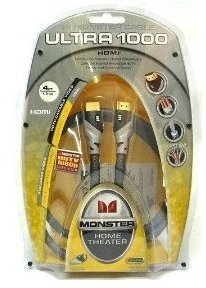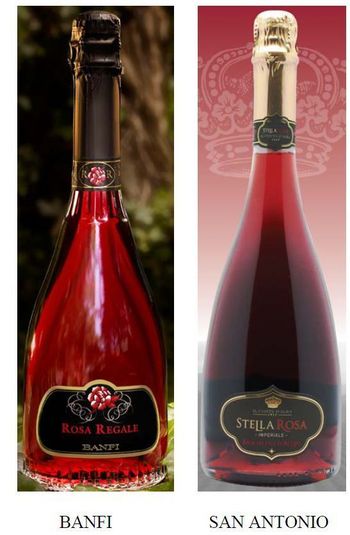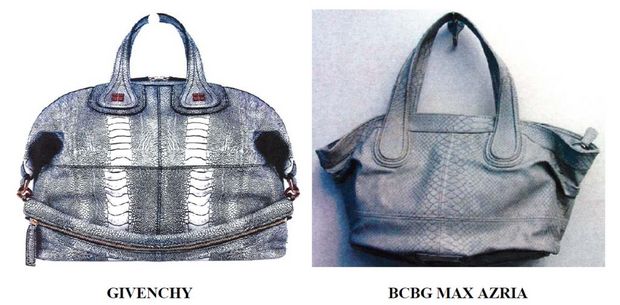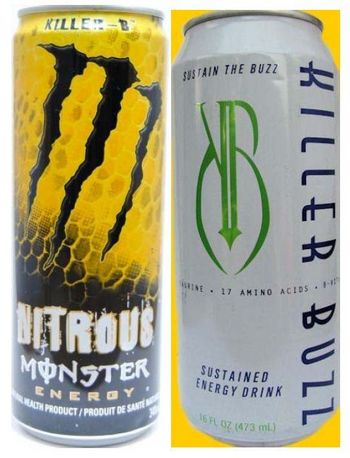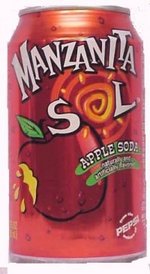 Santa Ana, CA – This case should serve as a warning to all domain name owners: TIMELY RENEW YOUR DOMAIN NAME REGISTRATION AND DON’T LET IT LAPSE! The Valaskantjis family trust, owner of the Tom’s Famous Family Restaurants since 1968, unfortunately allowed its domain name registration to lapse without timely renewal. The domain name, www.tomsfamousfamilyrestaurants.com, was then allegedly registered by defendant Katz Global Media, LLC.
Santa Ana, CA – This case should serve as a warning to all domain name owners: TIMELY RENEW YOUR DOMAIN NAME REGISTRATION AND DON’T LET IT LAPSE! The Valaskantjis family trust, owner of the Tom’s Famous Family Restaurants since 1968, unfortunately allowed its domain name registration to lapse without timely renewal. The domain name, www.tomsfamousfamilyrestaurants.com, was then allegedly registered by defendant Katz Global Media, LLC.
Katz is accused of establishing a website using Tom’s trademarks and copyrights to publish false reports regarding Tom’s use of illegal alien labor to operate its restaurants. The website also claims that plaintiffs don’t pay the required taxes or workers compensation insurance. Further, Defendant is accused of soliciting the public to report plaintiffs to the IRS and Customs and Immigration Enforcement. On top of the problems created by the new website, Plaintiffs have also allowed their trademark registration to lapse: see here.
It appears that the defendant has researched First Amendment and fair use defenses. Courts have previously found for plaintiffs in bad faith registrations of lapsed domain names where the subsequent registrant attempted to sell the domain back to the prior registrant. See BroadBridge Media, L.L.C. v. Hypercd.com, 106 F. Supp. 2d 505, 511-512 (S.D.N.Y. 2000). In this case, however, it appears that a sophisticated defendant is using the domain name for what appears to be protected speech. It will be interesting to see how this case unfolds.
 Los Angeles Intellectual Property Trademark Attorney Blog
Los Angeles Intellectual Property Trademark Attorney Blog


